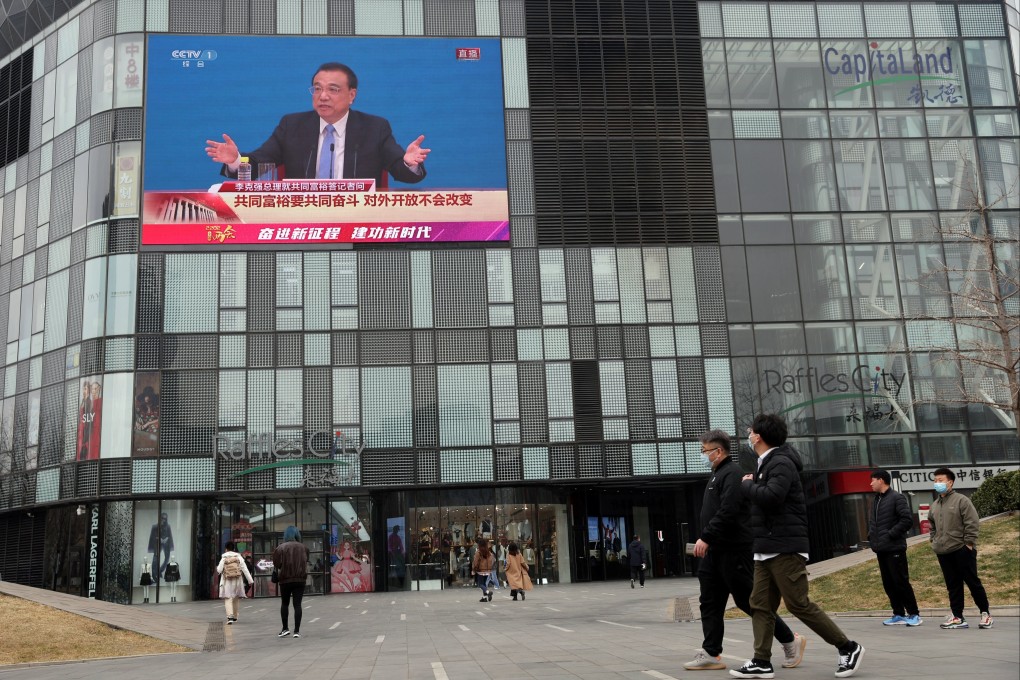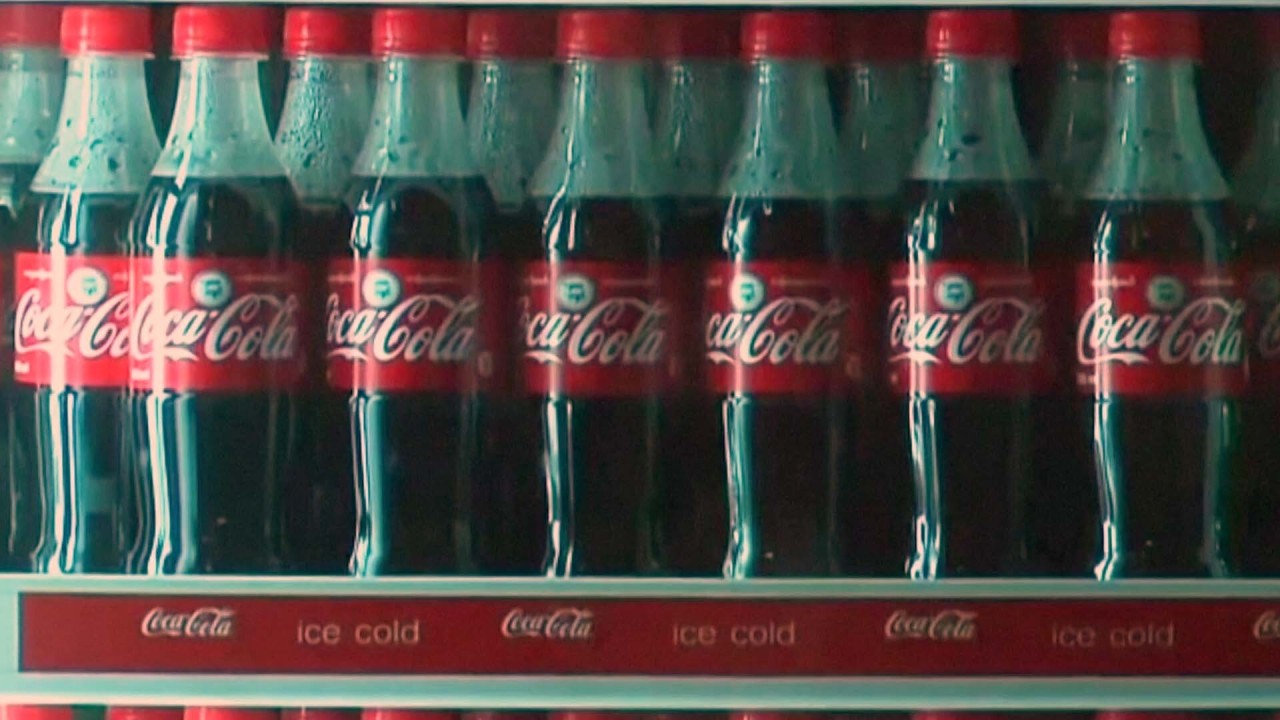The View | Why China is still a solid growth engine and safe harbour for multinationals amid rising anti-globalisation
- Multinationals caught in geopolitical crossfire are finding that China continues to offer growth and opportunities, as long as they can find niches aligned with Beijing’s long-term development strategy

In the early 1990s, the arrival of McDonald’s in Moscow and Beijing marked the reopening of these markets to the world and the dawn of a golden age of globalisation.
Over the next decade, multinationals spread across the globe as technology advanced, trade barriers were cut and finance liberalised, making it easier than ever for goods, capital, people and ideas to move across borders.
Transnational firms helped knit the world together with supply chains, bringing investment, jobs, a shared consumer culture and new ways of doing things.
Yet, for all the talk of doom and decoupling amid a “new Cold War”, the facts on the ground in China tell a very different story as multinationals continue to reap bumper profits and contribute to local development.


